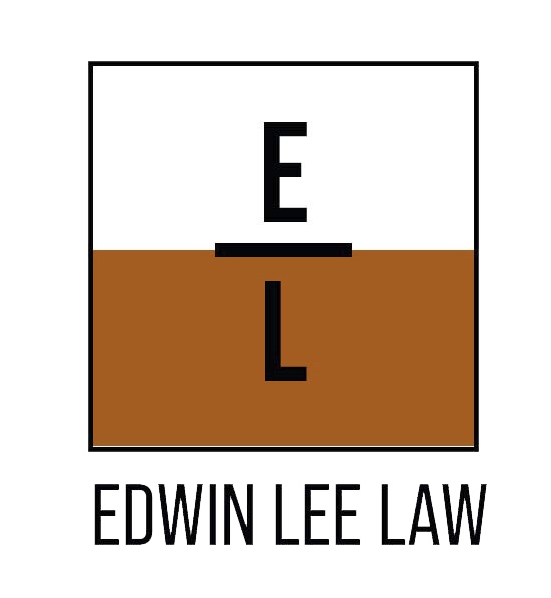The recent struggles of former talk show host Wendy Williams have brought significant attention to the complexities and potential pitfalls of guardianship arrangements.

Plan Your Estate as an Entrepreneur
Entrepreneurs share specific characteristics, such as motivation, creativity, persuasiveness, risk tolerance, versatility, vision, innovation, communication and collaboration, flexibility, and decisiveness. Individuals like these create new businesses, taking on most of the risks and reaping most of the rewards. Entrepreneurs, because of their innate characteristics, often have complex financial lives and strong opinions about their legacy, which makes estate planning significantly different from other planning processes.
Naturally, a young entrepreneur without heirs can probably address their estate plan with just a few legal documents. However, entrepreneurs and serial entrepreneurs with family and successful business(s) require a full-blown estate plan to protect their wealth and address their legacy. Many entrepreneurs feel their business is the sum total of their legacy to be left to their heirs, while others also have charitable goals in mind. A legacy is usually a mix of all the business(s) and all it represents, the owner’s accumulated wealth, family relationships, personal reputation, charitable goals, and professional teams.
The Value of a Financial Advisor When Planning
In addition to an estate planning attorney, it is prudent for an entrepreneur to include the financial advisor in their business as they are very well acquainted with said finances. Two strategies may be better than one as an emergency plan can immediately address and sustain business operations until the succession plan is in place, which can take months or longer to execute fully. To keep a viable business running, a succession plan, both intermediary and long term, is crucial to develop and often blurs the lines between succession and estate planning.
Start with the basics and create your Will, Power of Attorney, and a Healthcare Directive. Pay careful attention to your durable power of attorney who will transact business for you if you become incapacitated or die. This individual needs to understand the interconnections between your personal and business entity finances. While it is hopeful to think a family member might be the best choice, and if that loved one is distinctly involved in the business, it may perhaps be so. However, it is often best to select a trusted professional who can quickly grasp your financial situation and make sound choices based on their expertise.
Check your appetite for risk. Although an aversion to risk may have led to creativity and innovation sparking a viable business, an estate plan should have a systematic, deliberate set of instructions and accompanying legal documents to foster a successful continuation of your company. If your business is family-owned, there may be particularly challenging issues to circumvent or overcome. An estate planning attorney and financial advisor or company CPA are the best resources to tap to create suitable solutions that will provide equally for heirs without inter-sibling squabbles that can put the company at risk.
Creating fair asset distribution is often accomplished through buy-sell agreements, but this requires valuations and other input that will necessitate the help of professionals. These solutions need to be part of your estate planning documents which will require periodic review to ensure the documents still reflect the business operating and family structure situations.
The Importance of Tax Planning for Entrepreneurs
Tax law and planning for tax efficiencies are a vast part of estate planning and are particularly important with the addition of business entities in an estate. Many legislative proposals are in Congressional debate, and it is unclear what laws will be enacted and how they will directly affect business and personal inheritable assets.
Often charitable contributions or the creation of a charitable entity can help to offset tax consequences. Often an entrepreneur wishes to include philanthropic endeavors as part of their legacy. Charitable entities can be both a lasting legacy and a way to reduce taxes. Like inheritance tax law, charitable tax law is under review for changes. Estate planning document review and amendments are a must with any new laws. Remember that heirs of a business entity have to pay the taxes directly, so minimizing any tax burden will provide financial relief to that heir.
Use life and disability insurance to your business advantage. Life insurance can provide for your family or other named beneficiary with an income source after you die. It can also guarantee an income stream to your business, allowing your company to continue operations in your absence. Additionally, disability insurance can provide similar coverage in the event of any short or long-term disability. Carry separate policies, one for the family as beneficiary and the other for the business, identifying a key business participant as beneficiary.
The Value of Business Succession Planning
Communicate your plans with the affected parties in your family and your business(s). Managing people’s expectations goes a long way to avoid unnecessary confusion, mistakes, and bad blood. Just as communicating ideas about business structure and process is necessary for a company to seamlessly function, communicating is also necessary for short and long-term business succession plans and family estate plans. Getting people on board with your legacy goals today is better than waiting until you can no longer explain your decision-making.
In short, start with the basics of will, power of attorney, and healthcare directive. Include tax efficiency planning and sort through those complex relations and issues if the company is family-owned. Use entities like a buy-sell agreement, especially for multi-business owners, to offset asset division inequalities. Use life insurance payouts as another mechanism to create equal value asset distribution. Don’t forget to include life and disability insurance to provide your family and your company with separate income streams should you become incapacitated or die.
Create a thoughtful succession plan, keep it updated, and communicate your forward plans with all affected parties to manage their expectations. As an entrepreneur, your business likely represents a large portion of your net worth, so proper planning to ensure the company’s survival in the event of your disability or death is crucial. Protect the business you have worked so hard to build and create a thoughtful estate and succession plan. Please contact us or schedule a consultation with our Houston office if you would like to discuss this matter further.

